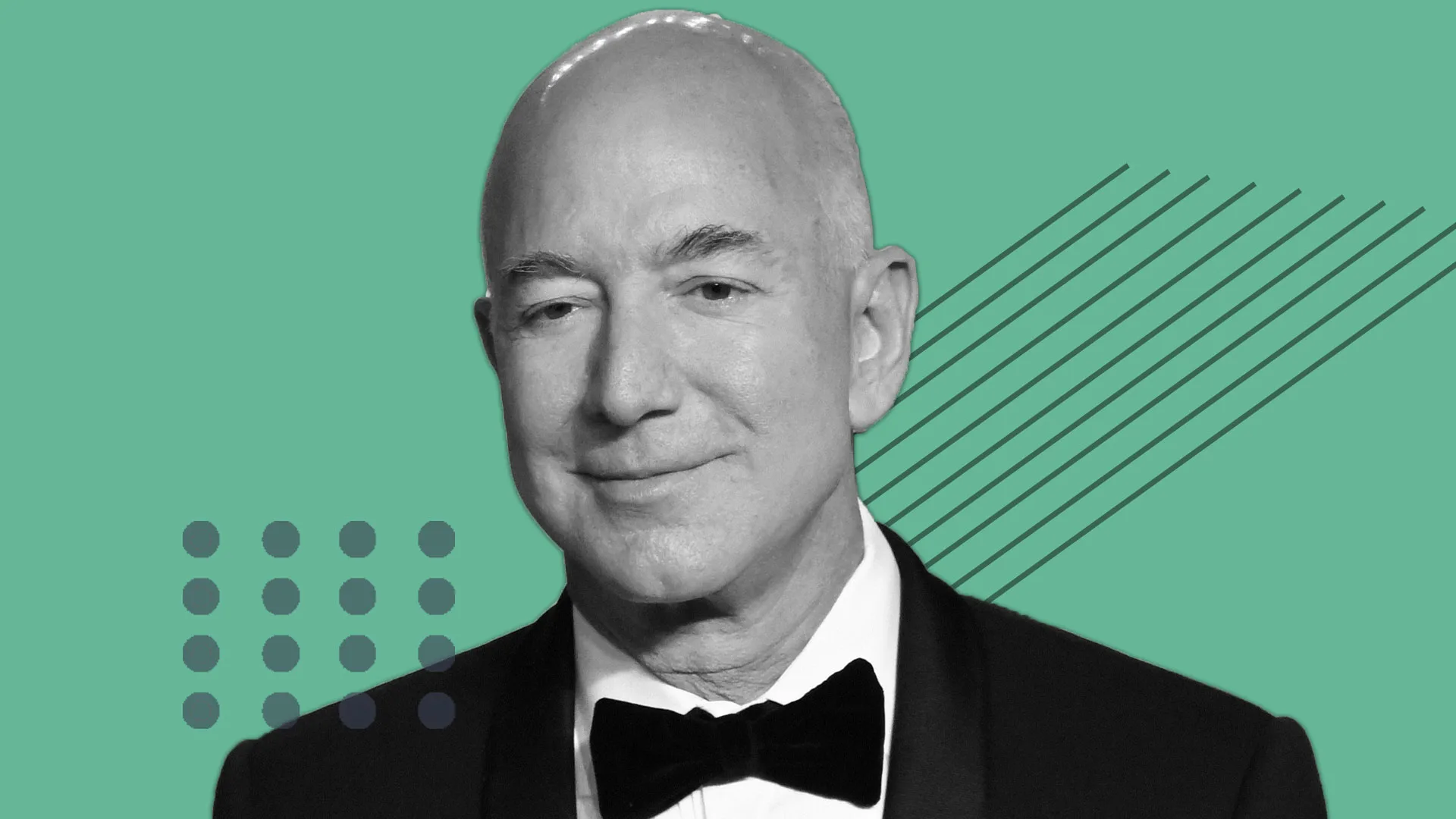If you’re not following politics, you might have missed that the Washington Post opted not to endorse anyone in this year’s presidential election. Most people expected the Post to endorse Kamala Harris, and there was quite the backlash, with over 200,000 people canceling their subscriptions over the move.
Jeff Bezos, the owner of the Washington Post, made this decision, and he explained it in an op-ed. His explanation is something that all business leaders need to pay attention to.
So, just for a moment, set aside your feelings about the upcoming election and consider his advice in the broader context. Bezos says survey data show that people trust journalists less than they trust Congress, and says, “Something we are doing is clearly not working.”
He then gives an analogy that explains the problem journalists face:
Let me give an analogy. Voting machines must meet two requirements. They must count the vote accurately, and people must believe they count the vote accurately. The second requirement is distinct from and just as important as the first.
As a business leader, you have this same problem when it comes to your customers (as Bezos talks about here) and your employees.
Do your employees believe you? Meta just fired people for charging toothpaste and laundry detergent to the company instead of using the allotted money for food. Ernst and Young just fired employees for taking two online classes simultaneously.
These companies had the same problem: The employees didn’t believe the company would enforce its rules. If they had believed the company would enforce its rules, fewer people would have broken them.
If you do an employee engagement survey, you’ll get quality, accurate answers only if the employees believe you will act on that information.
Your employees need to believe you, but the only way to get them to believe you is to be consistent and honest.
Why does consistency and honesty matter? Perhaps my favorite story of a dishonest manager comes from a 2001 Hooters contest, which promised the winner a Toyota, with the manager allegedly saying, “He did not know whether the winner would receive a Toyota car, truck, or van.” When Jodee Berry won, the manager took her blindfolded to the parking lot, where he presented her with a (drum roll please) toy Yoda.
Since this was 2001, it wasn’t even a cool baby Grogu Yoda. Berry sued and won a “favorable” settlement.
This manager’s desire to be funny at someone else’s expense not only cost Hooters a lot of money, but I’m relatively certain no employee ever believed a word that came out of that manager’s mouth again.
If you tell an employee that they’ll get promoted if they do X, Y, and Z, and then you hire someone from the outside after the employee accomplishes those goals, you lose the trust of the affected employee and all employees.
Suppose you punish one employee for being late but not others. In that case, employees see you as untrustworthy and unfair—and it could open you up to lawsuits if the people you treat differently are of a different race, gender, religion, or other protected characteristic. (For instance, Equinox gym lost an $11.25 million lawsuit when they fired a Black woman for tardiness and ignored the late-comings of other employees.)
But everyone disagrees with Bezos? It is true that many people were upset with the change and the comments on his op-ed tended toward disagreeing. But that doesn’t mean that everyone disagrees.
Bezos’s stated goal was to gain credibility. He knows that, while his employees and core subscriber group think the paper should have endorsed Harris, the issue is much larger.
Plenty of people think Bezos did the right thing. And Bezos has a bigger picture—the type of picture that industry leaders need. As he writes:
Lack of credibility isn’t unique to The Post. Our brethren newspapers have the same issue. And it’s a problem not only for media, but also for the nation. Many people are turning to off-the-cuff podcasts, inaccurate social media posts and other unverified news sources, which can quickly spread misinformation and deepen divisions.
In other words, if you want to save the paper, you have to save the industry. If you want to save the industry, you cannot have people not trusting the paper and turning to other sources for news.
This is looking ahead. This is acting for the benefit of his employees and subscribers, even if people think he’s not being fair.
What if I am fair, but people think I’m not? Perception, as Bezos points out, matters. What are you doing that makes people think you are unfair when you are actually fair?
This can happen to the best of bosses when, for instance, you grant a reasonable accommodation to an employee under the Americans with Disabilities Act and other employees think it is unfair. You can’t, of course, talk about that employee’s health problems, so it may just look like someone getting special treatment.
But you can lessen that type of problem by being consistent and fair. If you make it well known that you take the ADA very seriously and will happily work with each employee to provide the necessary accommodations, people will be more inclined to see their co-worker’s “special treatment” as a needed accommodation.
But sometimes you need to share information. If someone reports sexual harassment and you feel like you investigated the situation and handled it fairly, make sure you follow up with the reporting employee. You may have, quite fairly, sent the bad actor to training classes, but it looks on the outside like nothing happened. You don’t have to share details—just follow up. “We investigated, found your report to be credible, and took action. Thank you so much for letting us know.”
Consider how much needs to be confidential and how much is confidential because that’s the way you’ve always done it. If you tell people how you calculate salaries, employees will be more confident that their paychecks are fair. If you explain how you allot projects, people will trust you and the process more.
If you’re constantly worried about people overhearing or learning plans you don’t want them to hear, consider whether you’re doing the right thing. Yes, some things have to be confidential—but not as many as you might think.
And most of all, remember—if there is a problem, you have to change what you’re doing. Doing the same thing and expecting different results is an ineffective way to lead.
The opinions expressed here by Inc.com columnists are their own, not those of usanewsarticle.com.






